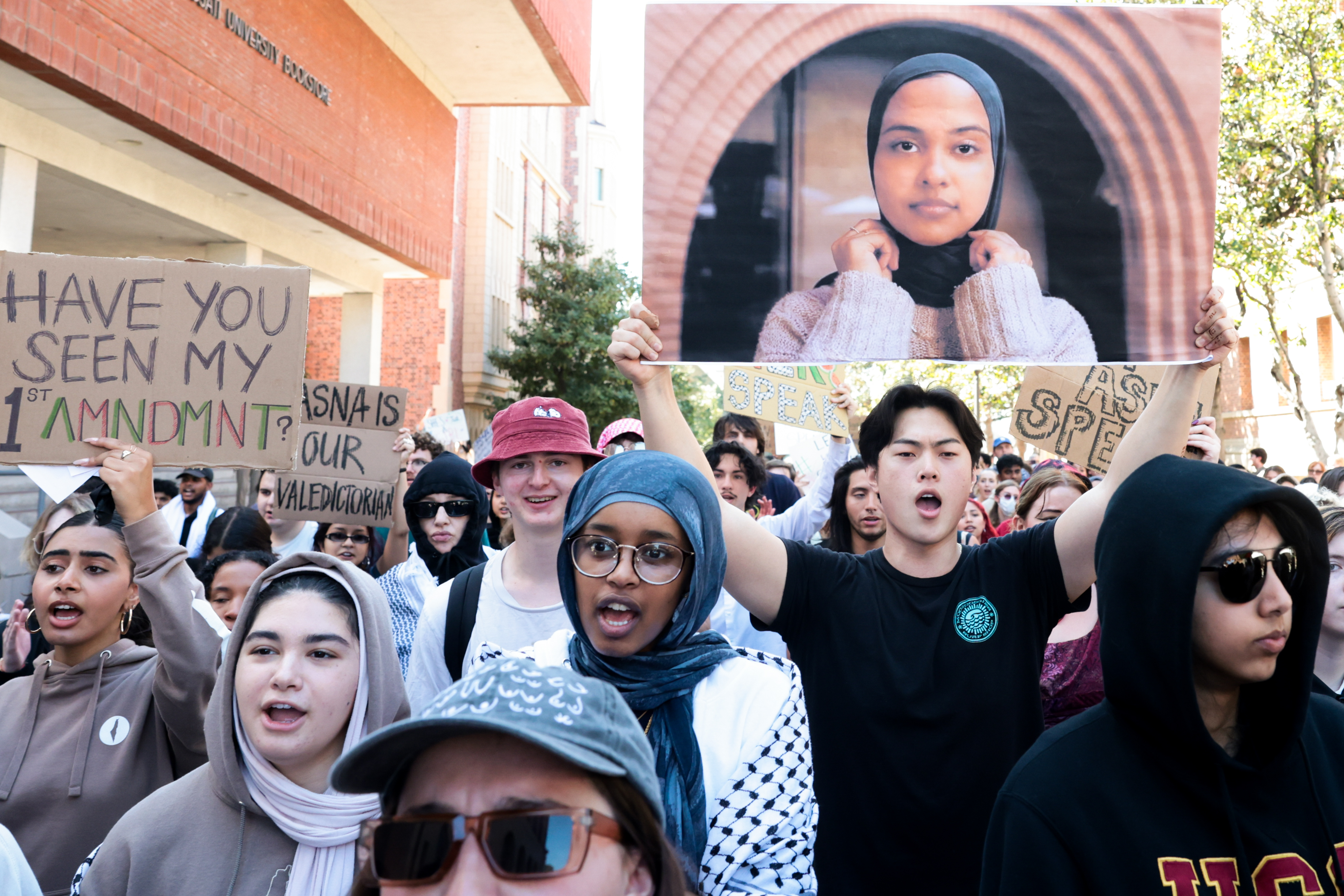Two Los Angeles police officers involved in the deadly shooting of a mentally ill man in South Los Angeles in 2014 sued the city Wednesday, alleging they are being kept from returning to field duty due to racial discrimination and retaliation.
Officers Tony Villegas and Sharlton Wampler were both assigned to the Newton Division's gang unit when they encountered 25-year-old Ezell Ford Jr. on Aug. 11, 2014.
A representative for the City Attorney's Office did not immediately return a call for comment on the plaintiffs' Los Angeles Superior Court lawsuit, which seeks unspecified damages.
The suit states that Ford attempted to grab Wampler's firearm and, fearing for his life and that of Villegas, the officer grabbed the backup firearm holstered to his leg and shot Ford, who died at the scene.
"The chief (Charlie Beck) declared that all aspects of the shooting were within policy. Plaintiffs were cleared by the department," the suit says.
However, the Police Commission -- described in the lawsuit as "an inexperienced group of political appointees" - overturned the LAPD's findings and found the shooting was out of policy.
The officers were temporarily assigned to administrative duties but "remain benched today although they committed no misconduct," their suit says.
News
Top news of the day
Villegas, who is Latino, has been told he cannot do outside work; Wampler, who is white, has been denied a patrol bonus; and neither officer can be promoted to the rank of sergeant because of their non-field status, their suit says.
They have additionally been unable to obtain transfers, overtime and coveted assignments, according to their court papers.
In contrast, a black officer who was recently involved in a lethal shooting that was found by the chief and the Police Commission to be out of policy was only taken out of the field for a short time and now has an important position in the Metropolitan Division, the suit says.
"Clearly, there is a different standard of discipline meted out to officers solely on account of their race and color of their skin," the suit alleges.
The treatment of the officers also illustrates the retaliation they suffered after they reported their complaints and said they intended to sue, according to their lawsuit.



